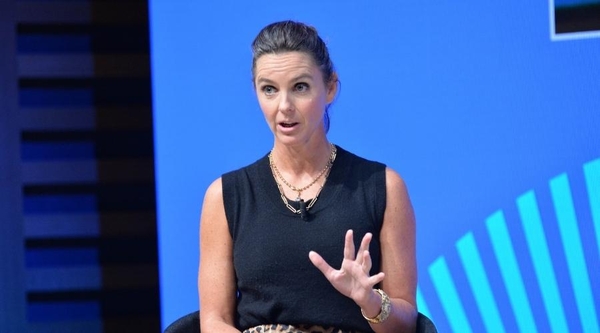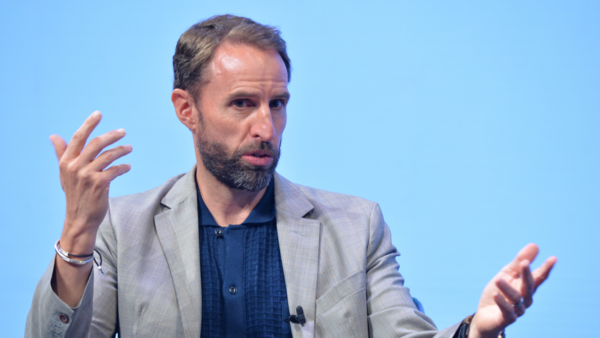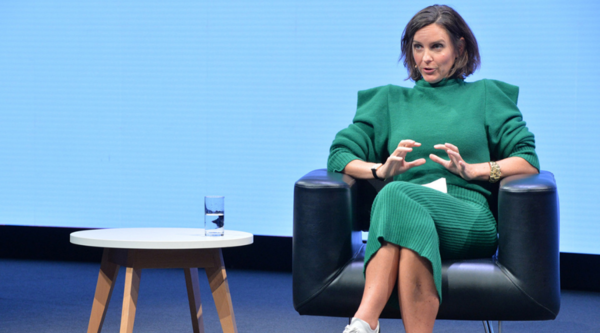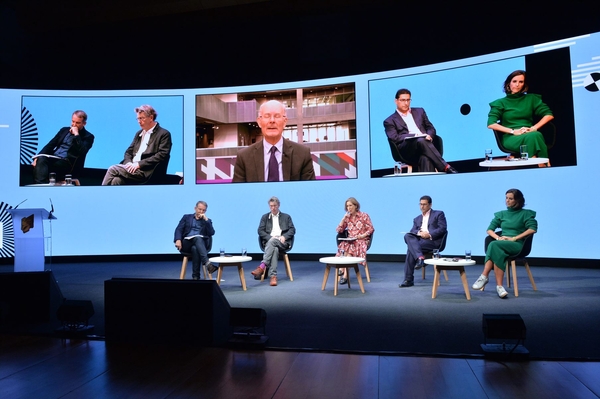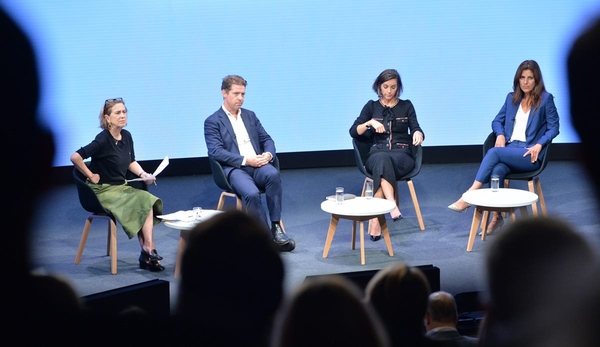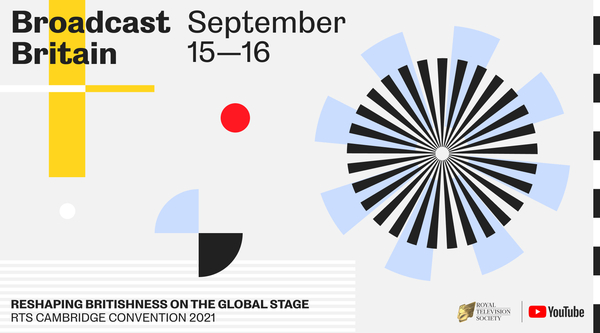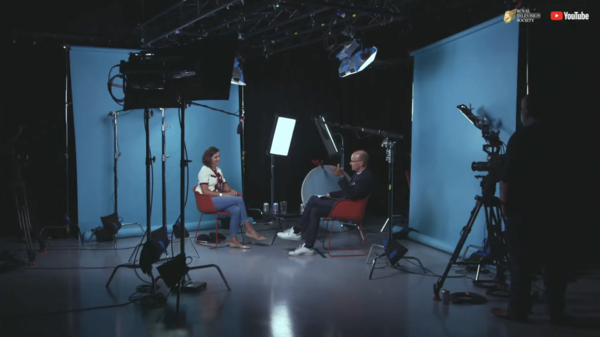Alex Mahon
Alex Mahon talks privatisation and the future of Channel 4
Session chair Amol Rajan: Did you interpret the new culture secretary saying that she is re-examining the business case for privatisation as implying that she and Prime Minister Liz Truss are not as committed to privatisation as their predecessors?
Alex Mahon: We’re in discussion with the DCMS about where they want to end up and what the options are. I imagine they’ll look at the things that I like: facts, data and evidence. Then we’ll see what the coming weeks and months hold as they think about that.
Watch the RTS Cambridge Convention 2021 sessions in full
Broadcast Britain
Channel 4's Alex Mahon talks privatisation, regional production & growing digital
The decision on whether to privatise Channel 4 should be based on “data and evidence” and not, by implication, on ideology, Alex Mahon told the audience gathered in Cambridge. The broadcaster’s CEO was speaking shortly before Government minister John Whittingdale – a last-minute stand-in for his reshuffled colleague Oliver Dowden – was due to address the RTS Convention.
This disunited kingdom: How do broadcasters respond to a fragmenting Britain?
The threat to UK television from US streamers is growing, but there is also danger closer to home – the potential break-up of the country and a subsequent loss of “Britishness”. If independence movements flourish and the UK starts to fragment, how should broadcasters and producers respond?
Public Service Broadcasters: Fit for the future?
Footage of John Cleese’s famous all-star 1985 BBC licence fee advert – in which he adapts the “What have the Romans ever done for us?” scene from Monty Python’s Life of Brian to show how much the corporation provides – kicked off this session on public service broadcasting. Former BBC Director-General and New York Times CEO Mark Thompson said many of the reasons that Cleese listed for paying the licence fee still felt “very true today”.
UK Keynote: Alex Mahon | RTS Cambridge Convention 2021
The Channel 4 CEO speaks with Gillian Joseph about the challenges for the channel in the face of pending privatisation plans.
First speakers announced for in-person RTS Cambridge Convention 2021
Sky’s Group CEO Dana Strong is confirmed as the first international keynote for the conference, marking her first European outing since her appointment earlier this year.
The initial line-up of industry leaders also confirmed to speak at the conference includes Tim Davie, Director-General BBC; Alex Mahon, CEO, Channel 4; Carolyn McCall, CEO, ITV; Richard Sharp, Chair of the BBC and Mark Thompson, Chairman, Ancestry.com and Former President and CEO of The New York Times Company.
Further high-profile speakers will be announced in the coming weeks.
Alex Mahon on how Channel 4 has risen to the challenge at the RTS Digital Convention 2020
They say that times of crisis often bring out the best in people and organisations. For an example of this, look no further than how Channel 4 has adapted to postponed productions and an alarming fall in advertising over the past six months.
“In a crisis, when you have to change really fast, Channel 4 is actually amazing,” the broadcaster’s CEO, Alex Mahon, told Tim Hincks, co-CEO of Expectation, at the RTS’s Digital Convention.
Alex Mahon: How indies saved Channel 4 during lockdown
Speaking at the RTS Digital Convention 2020, Mahon recalled that in the spring when Britain was hit by the first wave of coronavirus: “Indies came to the rescue of Channel 4 and said ‘We’ll be flexible, we’ll work out how to produce in lockdown.’
“They said, ‘We have to delay this programme or we can’t make it or we’ve found a cunning way to make this programme.’”
She added: “Indies did incredible things and produced things cheaply.”

